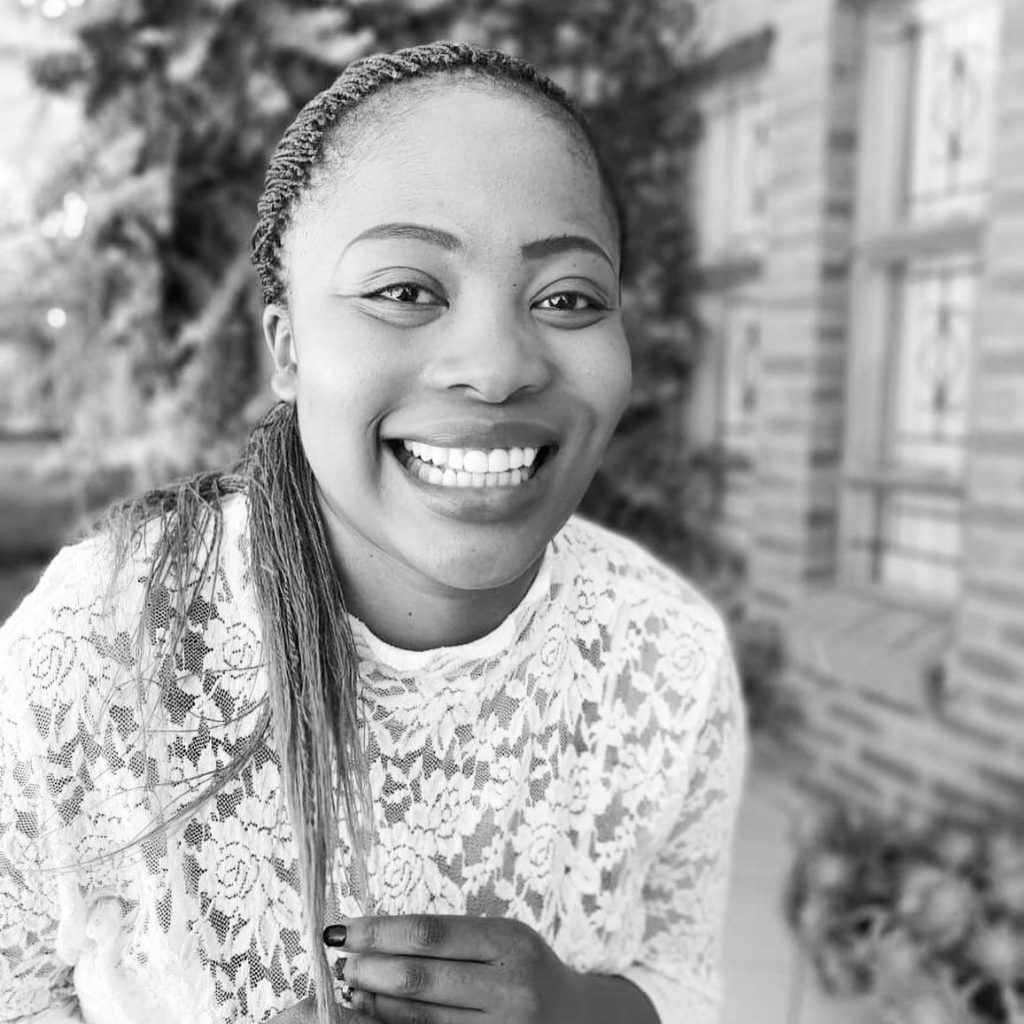
By Thato Chobokoane
Are all women revered the same or do we stick to motherism’s ideals when in our society we celebrate women? Mother’s Day having recently passed, some social events took place that made me question what women are actually striving for with their feminist messaging and equality and equity branding.
Bickering amongst ourselves on a Facebook platforms and documenting our lives on Instagram photographs, we portray the message that we are all for women moving forward, achieving independence and being appreciated in all their forms and in all their glory. We then turn around to an event such as Mother’s Day and engaging men and all beneficiaries of the patriarchal dividends on dialogue about women which continues to project our bodies as the sight of further political discourse. Are we not in actual fact contradicting ourselves?
Motherism (Acholonu 1995) as a tenant of African feminism is counterproductive to the actual plight of women as is the snail sense feminism (Ezieigbo 2012) which is tentative in its demand for equity but would rather negotiate with patriarchy – and we are still negotiating! If anything, there is still the burning question of women who do not identify as feminists.
To be clear, feminism is merely the concept that both men and women should be offered equal and equitable opportunities that capitalize on their talents. “Feminism signals a refusal of oppression, and a commitment to struggling for women’s liberation from all forms of oppression – internal, external, psychological and emotional, socio-economic, political and philosophical” (Salo and Mama 2001). The villainising of feminism has been used to indoctrinate women into believing that subservience is their lot in life.
While feminism can be argued to be a construct of Europe and North America as they have taken centre stage and filled the concept of feminism with their own unique experiences, I thought it fitting that African feminism be used as a lens to look at our own behaviour as women in Lesotho.
Professor Patricia MacFadden, an Eswatini born and bred African feminist, argues that gender hierarchies have existed in African history and the subsequent power inequalities have been exacerbated by colonialism. With MacFadden’s view, to suggest exacerbation clearly places men at the head of this hierarchy as we now and for a long time have existed in a patriarchal society.
What are the practical experiences of being a woman in Lesotho and in Africa and what are the social and economic conditions that shape being a woman in Africa today? On days such as Mother’s Day when we celebrate women, what does our generation say about the ideal woman and how far is that a true reflection of what our conversations and portrayals of self are?
With modern-day Basotho music and poetry which provides entertainment at Mother’s Day events, when talking about women our lyrics are teeming with references of child birth, wombs, breastfeeding, providing sexual pleasure to our husbands and concubines and building homes and soothing crying babies. Motherism elevates the rural women; making her the political, economic, commercial and labour base of every nation; ‘the living personification of the earth and all her rich blessings of love, patience, knowledge, strength, abundance, life and spirituality’ (Acholonu 1995). This romantic notion however, places rural women on the pedestal of virtue; it says modern and urban women are less than – having nothing of moral, educational or insightful significance to give.
Amongst ourselves, we talk of independence, our social media reeks of our postfeminist ideals: our dress, our language, our topics of discussion on Twitter, body positivity messages, praise for young black women making it up the corporate ladder; yet at events that bring together powerful politicians, men and women of power, our elders (who still stand behind patriarchy and ageism) we present a united front with them, of their out-dated notions of what a young woman ought to look like. We entangle our messaging in snail-sense feminism and motherism, and rightfully, society is confused about how to support us! What exactly do we want?
Such events as Mother’s Day events organised by young independent women, should the entertainment continue to regale their audiences with an ageism pleasing message which is full of references to our body parts and continues to fan the flames that our bodies should be the only sight of continued feminist discourse? This patriarchy pleasing message continues to form our identities on the concept of our bodily functions. When going from that, to bandage dresses, hooker heels and bum shorts we are fighting our own message that our bodies should have decisions made only by its owner, if in the midst of an audience of powerful people in society we consistently make stark acknowledgements that indeed our ultimately ideal identity lies with patriarchal ideals of womanhood.
A day such as Mother’s Day is how the world comes to look at and acknowledge how we as women perceive ourselves and what image we want to project of ourselves. In the name of respect, culture and religion, we cradle patriarchy on platforms where we ought not to then go back to our regular lives of saying, “I am not my thighs, I am not my breasts, the preservation of my body as a cultural monument is void, my clothes do not define me…” right after telling the world that brewing humankind in our bellies is our only ever redeeming quality. Not our minds, not our intellect and not our strides in equity for a woman in a developing country in which both men and women refuse to let go of patriarchy because it is the only thing they are familiar with and the only notions we entertain ourselves with.
Thato is Executive Director at the World of Words Foundation, Lesotho










